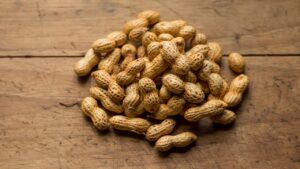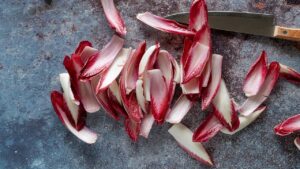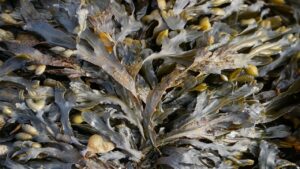The Sharon fruit: the Properties of This Sweet Autumn Fruit
The Sharon fruit, known by various names such as persimmon, kaki or diospyros, is distinct and wonderfully delicious. Although its name might imply a fusion of persimmon, it is, in reality, a unique fruit with its own array of properties and benefits.
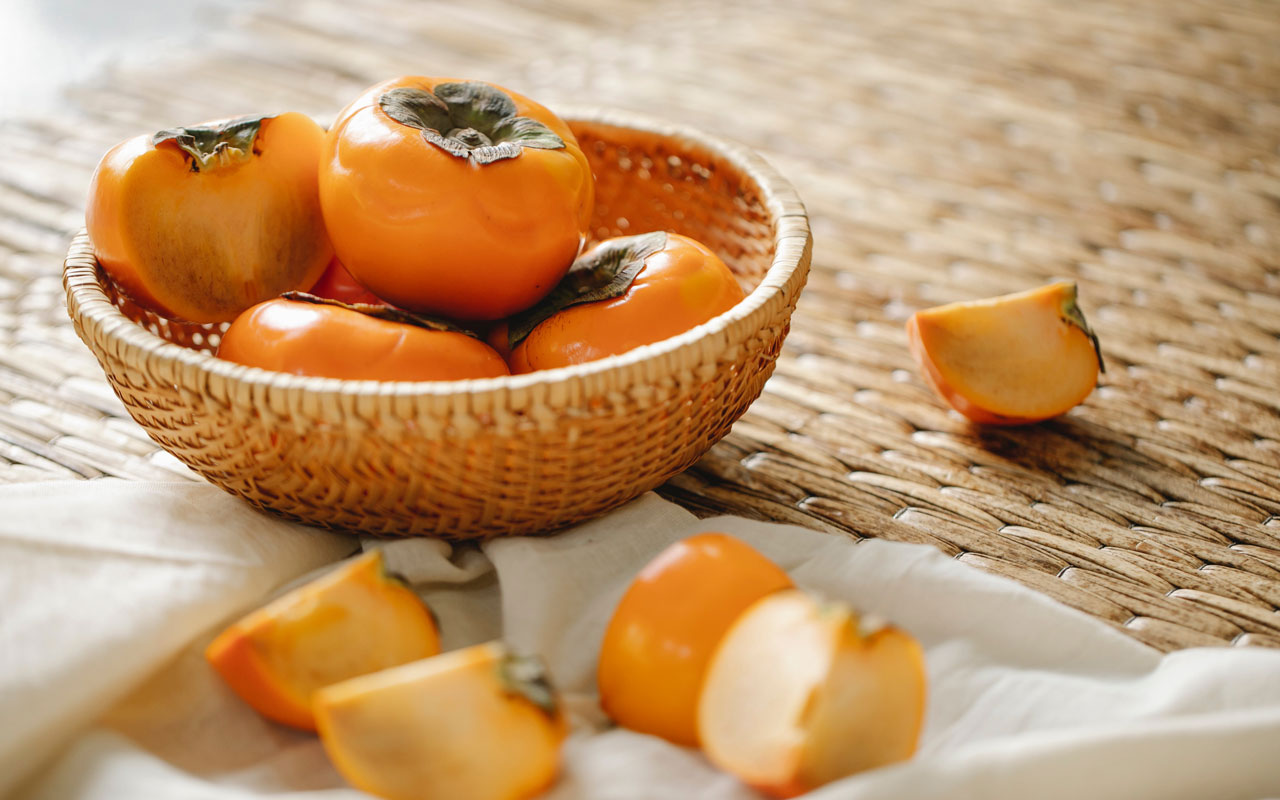
What is the Sharon fruit?
The Sharon fruit resembles an orange tomato in shape and tastes like a cross between a mango and a pumpkin. It’s a classic autumn fruit and belongs to the Diospyros kaki species. The difference between this and a regular persimmon is that they are essentially two varieties of the same fruit.
The Sharon fruit, in fact, is a much harder fruit than the normal one, which is softer and juicier. Also, it has a much more squat and round shape. It was introduced from Japan in the late 19th century and gradually made its way to Europe, particularly Italy, where it became popular.
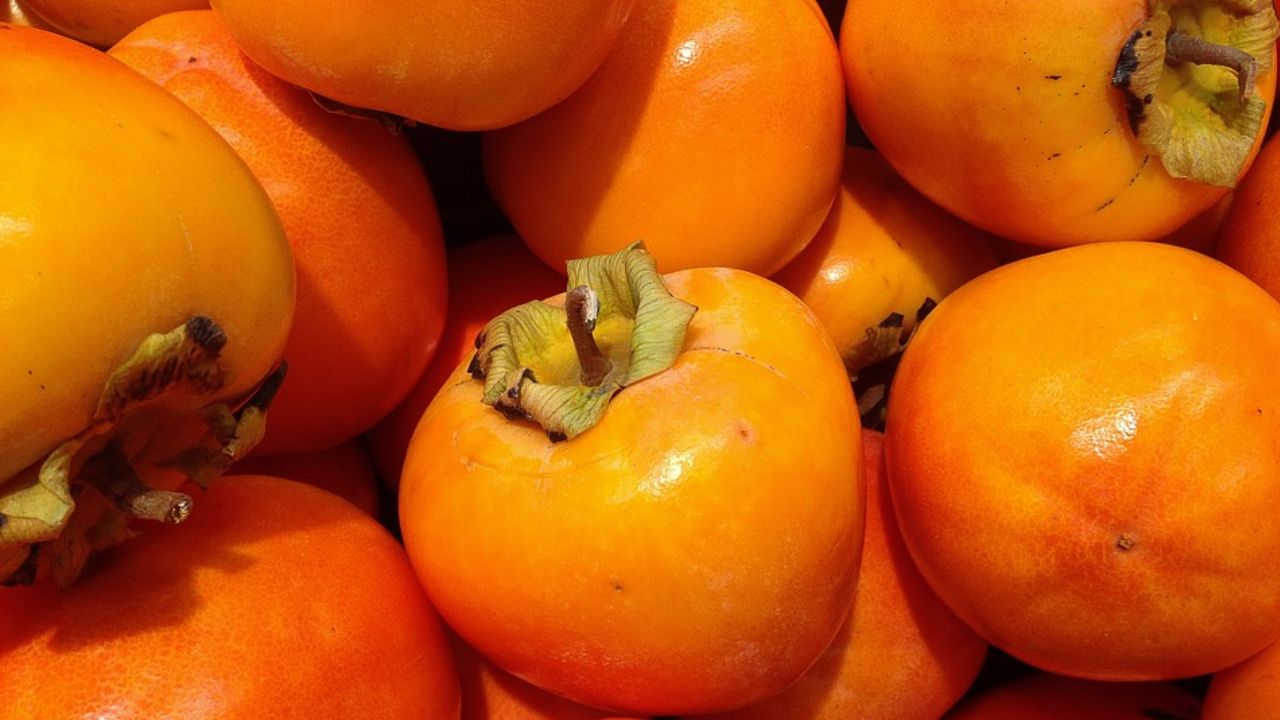
Properties and benefits
Both Sharon fruits and traditional persimmons offer similar properties and benefits. They are both rich in mineral salts and essential nutrients. Additionally, they contain high percentages of phytonutrients, beta-carotene, and zeaxanthin.
The distinctive orange color in both fruits is attributed to carotenoids. These fruits are also rich in vitamin C and provide essential minerals like potassium, phosphorus, calcium, and sodium. Their antioxidant properties are due to the presence of ascorbic acid (vitamin C).
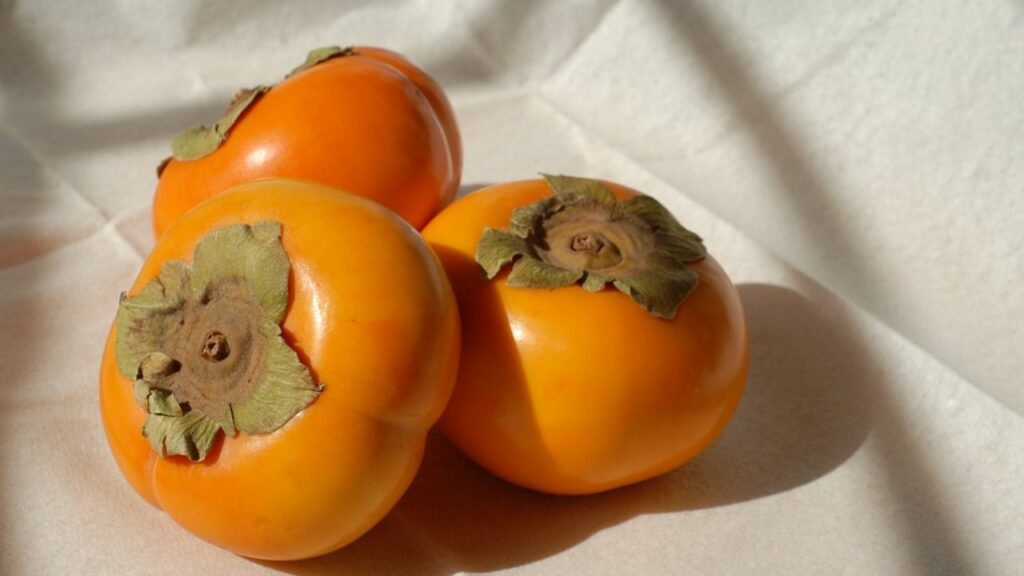
Contraindications
Finally, these fruits are high in dietary fiber, which enhances the sensation of fullness. Unfortunately, however, they also come with some contraindications. Due to their high tannin content, it’s advisable to avoid them if you have intestinal obstruction. Additionally, it’s essential to consume them only when fully ripe and if you don’t experience issues with constipation, as they are known to have strong astringent properties.
